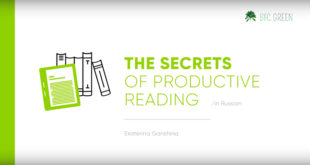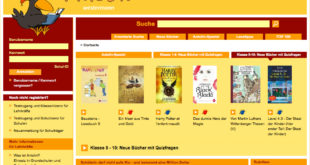It’s not about how many books you read, it’s about how much you retain from what you read.
Why do you read non-fiction books? Exactly, you want to get something out of it. You want to learn things that you can apply in your life to grow.
Enjoy these 5 tips provided by Darius Foroux, check out his website to find more articles, and don’t stop learning!
1. Have A Purpose
Before I even think about which books I’m going to read, I think about what I’m trying to achieve. I strongly believe that the content of books should align with what’s going on in your life. I’ll give you an example.
What’s going on in your life? Are you building a business? Going through a divorce? Looking for a job? Trying to take the next step in your career? Do you want to get more things done?
Only read books that teach you how to overcome your current challenges.
2. See Yourself As A Teacher
Knowledge is only good if you apply it, right? But here’s one thing a lot of people don’t consider: Sharing knowledge is a great application. You might not be a teacher, but if you act like one, you’re already applying knowledge. All it takes is a mindset shift.
Don’t just ‘read’ a book. No, devour a book and talk about it with others.
3. Highlight & Make Mental Connections
The more connections you make between pieces of information in your brain, the better you remember it. I do that by making a lot of notes.
If you think books are sacred and shouldn’t be highlighted and written on, you will never retain a lot from books. Making notes, folding pages, and highlighting text is simple and practical.
Here are some other tips that help me to make better connections between information:
- I have a separate “Book Notes” folder in my note-taking app.
- When I highlight something very important, I take a picture of that page and upload it to my Book Notes.
- Then, I immediately write WHY it’s important and how I can use it.
Always write down why you highlighted something.
4. Visualize & Imagine
Another great way to make connections in your mind is by visualizing what you’re learning. We’re visual learners, and our memories are also visual.
What I like to do when I read is to have imaginary conversations about the stuff that I’m reading. I imagine myself sitting together with a friend and talking about the subject. Or, when I read a piece of useful advice, I visualize myself actually doing that thing.
5. Immediately Apply One Piece Of New Knowledge
Look at your life. Ask yourself: How can I grow? That can be personally, financially or spiritually. Understand that growth doesn’t happen by itself. Learning new skills, earning more money, having a great relationship — it all takes hard work. But you can make that growth a lot easier if you apply the things you learn in books.
Remember: Knowledge alone is completely useless.
There’s nothing sadder than a well-read person who holds himself captive by the four walls of his room. You must go out there and apply things you learn. Once you do that, you will grow. No doubt about it. So always ask yourself this after you finish a book: “What’s the one thing I’m going to apply after reading this book?” You see, it’s about what you do with your knowledge, not about how much you have. Don’t read more. Read smarter.
Source: dariusforoux.com
 bfc.green Promoting Green Lifestyle
bfc.green Promoting Green Lifestyle


